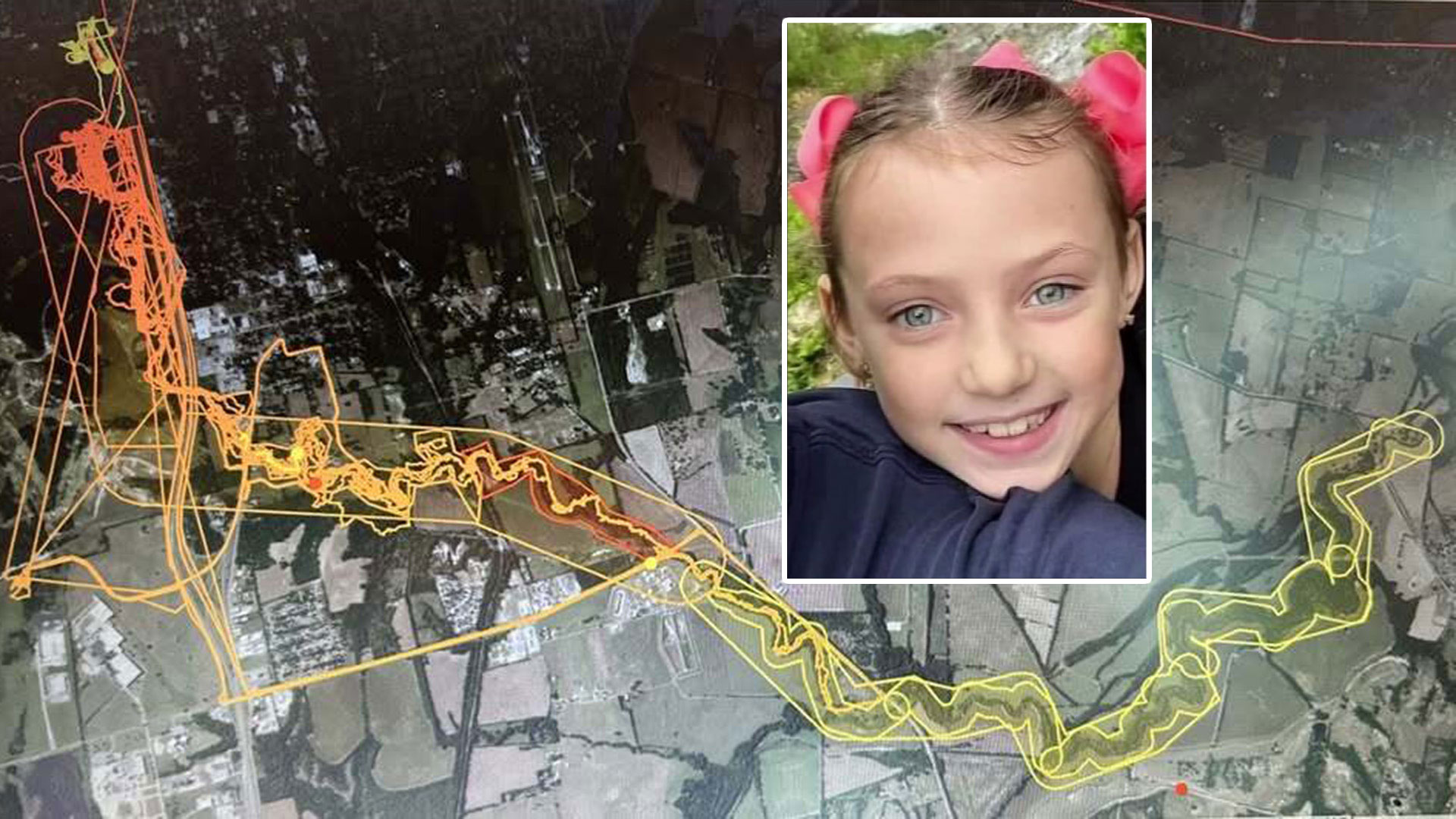A state panel looking into the case of an executed inmate issued its initial report Thursday but took no immediate position on whether investigators correctly determined that the 1991 fire that killed his three children was intentionally set.
Death penalty opponents have argued that the case of Cameron Todd Willingham could be the first instance of a person wrongly executed in the U.S. since capital punishment resumed more than three decades ago. Several experts have concluded that the fire was an accident or its cause should have been undetermined, not arson.
The Texas Forensic Science Commission noted that 20 years have passed since the initial investigation and insisted that nothing in its report "constitutes a comment upon the guilt or innocence of any individual." The panel cannot exonerate Willingham or reopen his case, but rather determines whether forensic science in such cases was sound.
But the commission won't issue a finding on the arson determination until the state attorney general's office determines whether it has jurisdiction to do so, said the panel's controversial chairman, John Bradley. Bradley asked for the opinion earlier this year and said the attorney general has until July to issue a decision.
"I don't have any way of guessing that but look forward to seeing what they have to say," said Bradley, who has taken steps to slow the panel's work and has pushed its members to find there was no misconduct by the original fire investigators.
Prosecutors accused Willingham, 36, an unemployed mechanic, of setting the fire at his home in Corsicana. A jury convicted him of capital murder and sent him to death row. His conviction was upheld nine times on appeal.
Willingham didn't testify at his trial but always insisted -- even in an obscenity-filled tirade the moment before his execution -- that he was innocent. He suggested the fire could have been started accidentally by his 2-year-old daughter, Amber, who died along with her 1-year-old twin sisters, Karmon and Kameron.
Local
The latest news from around North Texas.
The 47-page draft report, under discussion at the commission's meeting Thursday and Friday in Austin, noted the "practical difficulties" for a negligence investigation of such an old case.
"The substantial passage of time, limited record and the unavailability of at least one of the original fire investigators all add to the difficulty of conducting a thorough review," the report said.
The commission determined that investigators at the scene reasonably concluded there was only a remote possibility that one of Willingham's children set the fire, citing their young age and the fact that no lighters were found near their bodies.
The panel said no uniform standard of practice for state or local fire investigators existed in the early 1990s, and there were "few circumstances in which an investigation could not be improved with the benefit of 20 years of controlled scientific experiment and practical experience."
The report also noted that the commission wasn't established to establish innocence or guilt, or as a forum "for debating the merits of capital punishment." It cited a Texas Court of Criminal Appeals opinion that said criticism concerning a possible wrongful execution was an important moral and public policy question for "legislative policymakers."
Another component of the Willingham investigation has been Bradley, the district attorney in Williamson County. He was appointed to lead the commission by fellow Republican Gov. Rick Perry, who refused to block Willingham's execution in 2004.
Bradley was put on the commission in 2009, just days before the panel was to hear Craig Beyler, a Baltimore, Md., fire expert critical of the original investigation.
Bradley has referred to Willingham as a "guilty monster," but has denied allegations of bias. He blamed the New York-based Innocence Project, which has been pushing the Willingham case, and other death penalty opponents as "politics and a circus sideshow."
The Innocence Project first raised questions about the case in 2006, two years after Willingham was executed for the deadly fire.
Bradley's confirmation as board chairman has been stymied in the Texas Senate, where he's rankled some members and likely has doomed his continued presence on the panel once the Legislature completes its session next month.



